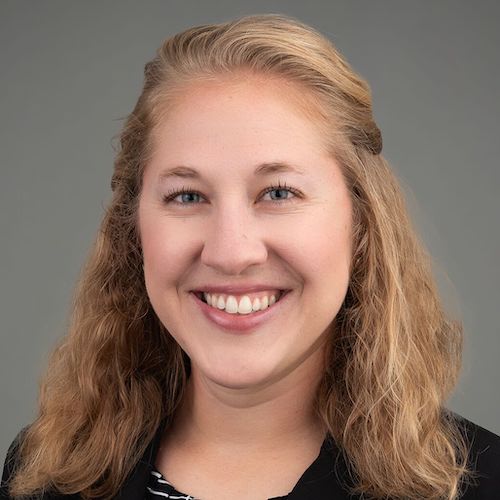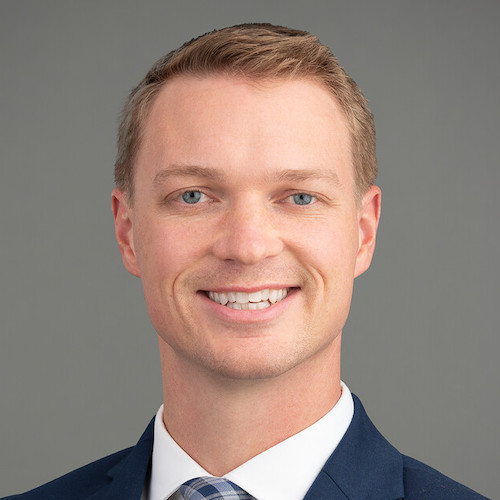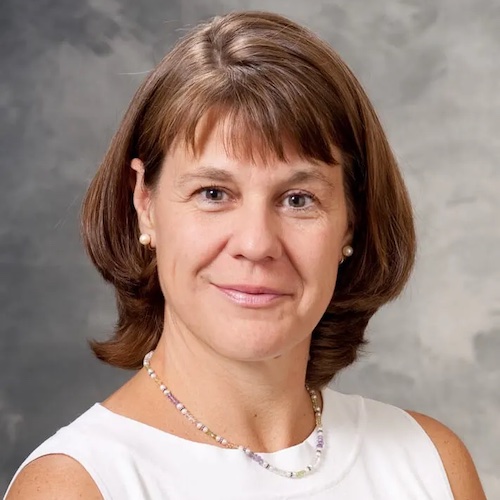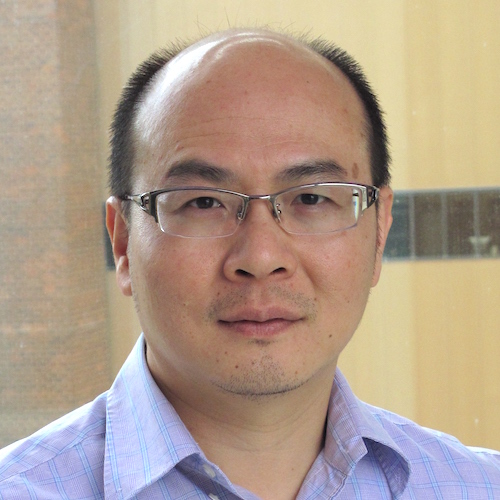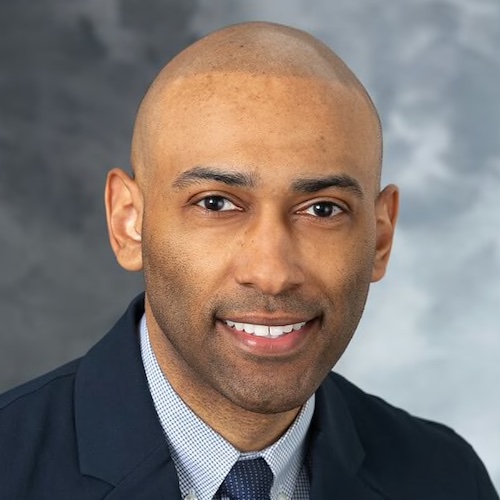UW Researchers awarded five-year $3 million NIH R01 to develop novel treatment for pediatric limb-length discrepancy
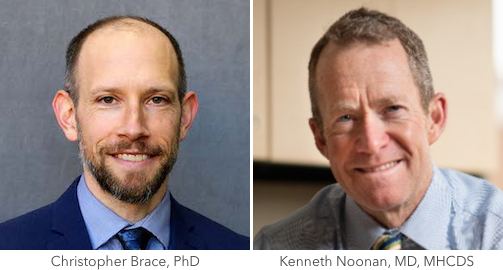 This fall, the National Institutes of Health (NIH) awarded Christopher Brace, PhD, UW School of Medicine and Public Health (SMPH) associate professor, Departments of Radiology and Biomedical Engineering, and Kenneth Noonan, MD, MHCDS, professor, Department of Orthopedics and Rehabilitation, a five-year, $3 million R01 grant for a research project that aims to revolutionize the treatment of limb-length discrepancy (LLD) – a common disability in which one leg is longer than the other.
This fall, the National Institutes of Health (NIH) awarded Christopher Brace, PhD, UW School of Medicine and Public Health (SMPH) associate professor, Departments of Radiology and Biomedical Engineering, and Kenneth Noonan, MD, MHCDS, professor, Department of Orthopedics and Rehabilitation, a five-year, $3 million R01 grant for a research project that aims to revolutionize the treatment of limb-length discrepancy (LLD) – a common disability in which one leg is longer than the other.
Small differences in leg lengths affect roughly 23% of the world’s population. For children with moderate (3-5 cm) LLD, surgical removal of a growth plate – a painful procedure performed with drills and mechanical scraping – is the current gold standard treatment. However, with this method, these young patients require significant pain medicine and experience an arduous six-week recovery before they can fully bear weight on the affected limb. This extended healing period poses physical and psychological challenges for pediatric patients and their families. Further, the procedure is associated with complications, including incomplete growth arrest, angular deformity, bleeding, and the risk of infection.
In a groundbreaking effort to develop a less invasive, more efficient LLD treatment, Dr. Brace, principal investigator (PI), and Dr. Noonan, the project’s co-PI, are turning to microwave ablation, a method that is well tolerated and already being used successfully to treat malignant and benign tumors throughout the body.
The team’s preliminary studies in animals employed this minimally invasive technique to slow the growth plate by delivering microwave energy via a small probe. Early data demonstrated the effectiveness of this approach when using clinical microwave tumor ablation systems to treat laboratory animals with LLD.
The next phase of their research will focus on developing more optimal devices and techniques to arrest bone growth using precise microwave heating. The team is working on directional antennas that target microwave energy to the growth plate while minimizing collateral damage. They will also employ dynamic positioning and multi-applicator techniques to enhance the precision of energy delivery, ensuring complete and uniform growth arrest.
Ultimately, the goal of this study is to refine the probes that would eventually be used to control bone growth in children, assess the safety and efficacy of these optimized tools and techniques, and compare their application with the current approach of surgical drilling in various regions, including the distal femur, proximal tibia, and fibula.
If successful, these developments and studies would transform the treatment of LLD in children by offering an innovative and exciting alternative to traditional surgical procedures that would significantly improve the lives of young patients who experience this challenging medical condition.
“Our team believes that this methodology will become the standard of care for the treatment of limb-length discrepancy in children within five to ten years,” says Dr. Noonan. “We also feel that this technology could be used to correct other skeletal deformity such as bowed legs and even scoliosis.”
In February 2023, during the early stages of their research, the team received essential funding via a Freedom of Movement Fund Grant from the UW SMPH Department of Orthopedics and Rehabilitation, enabling them to expand their microwave ablation experience to the femur – proving indications and methods in the more powerful femoral growth plate. Department Vice Chair for Research Bryan Heiderscheit, PhD, PT, notes that this project is “an excellent example of the valuable research conducted by our faculty and the important role that early support from the Freedom of Movement Fund has in making that research possible.”
The research reported in this article was supported by the National Institute Of Arthritis And Musculoskeletal And Skin Diseases of the National Institutes of Health under Award Number R01AR082375. The content is solely the responsibility of the authors and does not necessarily represent the official views of the National Institutes of Health.

